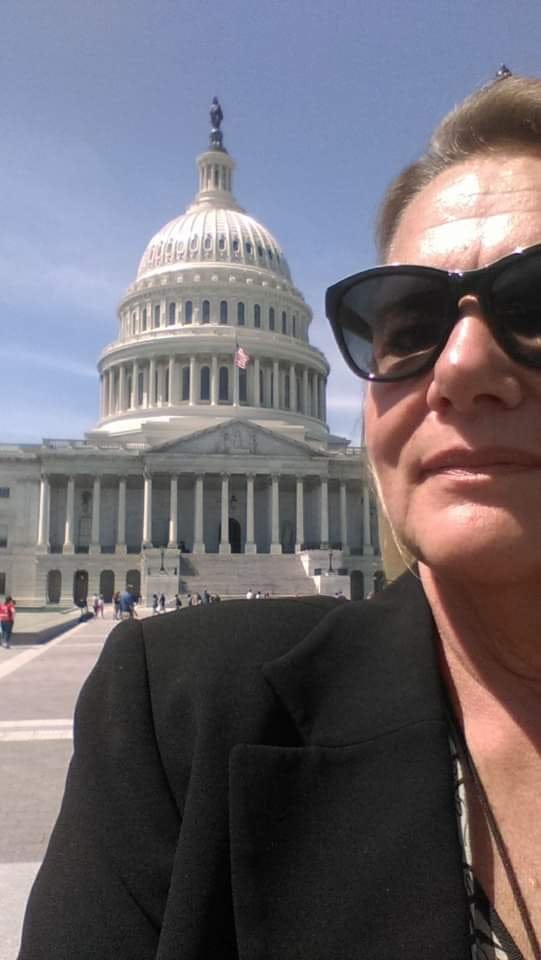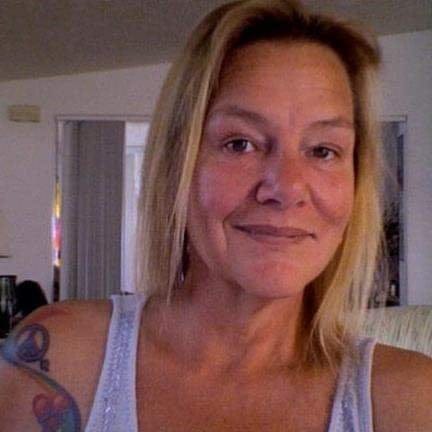Diana Dodson, ASA Courage Award
Diana Dodson, recipient of the 2019 ASA Courage Award, has demonstrated unyielding commitment to advocating for medical cannabis patients since before the first state law was passed.
 An early HIV/AIDS activist in San Francisco in the 1980s before the disease had a name, Diana was a Shanti counselor and worked with ACT-UP and pioneers such as Brownie Mary Rathbone to help get cannabis to people who needed it, including her brother, who died from AIDS in 1998.
An early HIV/AIDS activist in San Francisco in the 1980s before the disease had a name, Diana was a Shanti counselor and worked with ACT-UP and pioneers such as Brownie Mary Rathbone to help get cannabis to people who needed it, including her brother, who died from AIDS in 1998.
Diana herself was diagnosed with AIDS in 1998, after contracting HIV from a blood product in 1985. Diana’s doctor first recommended cannabis for the nausea that came with taking her HIV medications, but Diana discovered that it also relieved her painful neuropathy.
The next year, she became a board member of California’s first patient collectives, the Women’s Alliance for Medical Marijuana (WAMM) in Santa Cruz, California. When the DEA raided the WAMM garden in 2002, Diana was operating the phone tree to get supporters on site, and she negotiated the release of WAMM leaders Valerie and Mike Corral after locking the garden’s gates on the federal agents. She remembers the day vividly.
“When I confronted the federal agents, they put the machine guns on me. I threw up. Then I spilled my bag of meds on purpose to stop them,” Diana recalls. “‘This garden takes care of people,’ I told them. ‘Do you know anyone with cancer?’ That got to some of them. One agent had a tear in his eye.”
That’s when the DEA ordered her to get on the other side of the property gate. Instead, she locked it on them, despite having guns pointed at her, and demanded to speak with the Corrals. Then she sat down on top of the sheriff’s car and smoked a joint.
Diana met ASA founder Steph Sherer after that raid. In the years since, she has participated in clinical trials with medical cannabis, including the 2002 neuropathy trial conducted by Donald Abrams. After that study was published in 2007, Diana took on an outspoken public role as a medical cannabis patient to get as much mileage out of it as possible, working with ASA and the Marijuana Policy Project. She developed a social media presence and contributed the patient perspective to blogs. She’s even cited in a DEA publication.
In recent years, Diana worked in Florida with United for Care to help pass Amendment 2, which created a robust medical cannabis program in the state. Diana was also a successful plaintiff against the state of Florida in a suit that established all patients can smoke cannabis as the medication delivery method of choice. She says her future activism will be around personal gardens.
“There have been times when I wonder if legalizing cannabis solely for medicinal purposes is the right thing when it should be part of our food and unregulated, but meeting the desperate need for patients to have safe access has always been my goal,” Diana says. “I’ve put my body on the line. But I understand that there is a process for educating people.”
“People need the root and leaf, and it’s healing just to grow something,” she says. “Regulations, yes, but I know what these mega corps are doing.”
Currently, Diana is working on transforming a beachfront lodge in Costa Rica that’s only accessible by boat into a cannabis-friendly healing center
This profile was originally published in the April 2019 ASA Activist Newsletter
Share this page





















